Supreme Court Says Railways and States Need to Arrange Travel Free of Stranded Migrant Workers
Mon 04 May 2020, 19:36:37
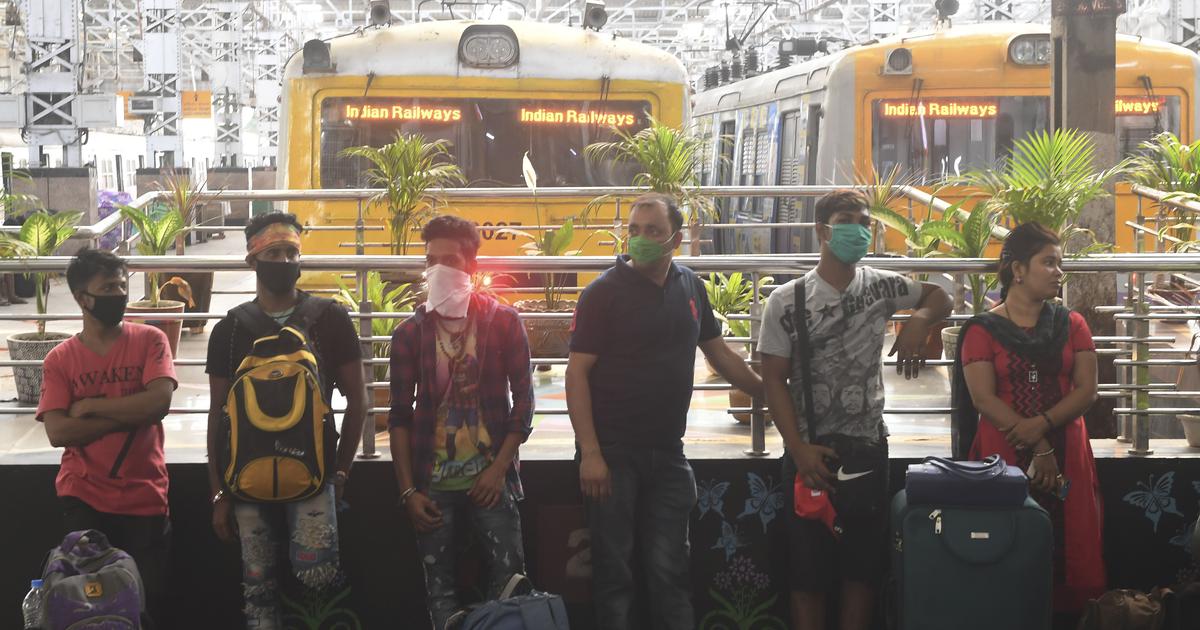
New Delhi: The Supreme Court on Monday was told that migrant workers who have been stranded for no fault of their own, with zero earnings and no financial support are being charged very high train fares for their journey to native places and railways and the States should not charge them.
The petitioners Jagdeep S Chhokar, former director in-charge of IIM, Ahmedabad, and lawyer Gaurav Jain, who have sought direction to authorities to allow migrant workers across the country to return home after conducting coronavirus tests, filed an affidavit saying railways and the states should not be charging them for the train and bus travel being arranged for them for journey to their native places.
"That vagrant are being required to pay around Rs. 800 as train passages and the equivalent is profoundly unjustified… It is presented that transients have been abandoned for no shortcoming of their own, with zero profit and not money related help. In this manner, it must be clarified that the Railroads and the states would not be charging the vagrant laborers for the train and transport travel being organized them," the advantageous testimony recorded on Monday said.
It said that on May 3, the Ministry of Home Affairs (MHA) in a letter to Chief Secretaries and Administrators, explained about the development of bothered abandoned people, in which the service has given a restricted meaning of abandoned transients by including just the individuals who had moved from their local places not long before the lockdown time frame yet couldn't come back to their local places on record of limitations put on development of people and vehicles as a component of lockdown measures.
"It is regular information that an extremely huge number of vagrants, including workers, road sellers, house keepers, assembly line laborers and so forth., remain in their urban communities of relocation for a considerable length of time and consequently, such a limited definition would reject millions who have lost all pay and reserve funds and wish to return to their local towns. Along these lines, it is put together by the Petitioners in this that this Court may coordinate the Center that all transients ought to be permitted to make a trip back to their local main residences and towns," it said.
The petitioners said that all the migrant workers who wish to go back to their hometown/villages, including those who are living in shelter homes/relief camps as well as those who might be stuck in rented accommodations, must be treated as ‘stranded’ and their travel by trains or buses should consequently be facilitated free of cost by the central government.
“It has come to light that the
Centre is taking a narrow view of the category of people who are eligible for travel under Home Ministry’s order dated April 29 and resultantly, many migrant workers who may not be living in shelter homes/relief camps and might be stuck in rented accommodations may be excluded from the Centre’s definition of the word ‘stranded’ qua the order dated April 29,” it said.
Centre is taking a narrow view of the category of people who are eligible for travel under Home Ministry’s order dated April 29 and resultantly, many migrant workers who may not be living in shelter homes/relief camps and might be stuck in rented accommodations may be excluded from the Centre’s definition of the word ‘stranded’ qua the order dated April 29,” it said.
The affidavit, while referring to media reports said that some states have already started sending the migrants to their native places and the MHA by its order of April 29 has left it upon the States to allow the travel of migrants to/from other states after both the states agree.
“It is submitted that all the migrant workers who wish to go back to their native hometowns and villages should be allowed to go back after screening as a matter of right and no migrant desirous of travelling back to his/her home should be left behind…the right of migrants to go back to the native places should not be dependent on the States’ willingness and it should be the centre’s obligation to allow their travel,” it said.
The affidavit while referring to a report published by Stranded Workers Action Network (SWAN), based on the interaction with 1,531 groups of workers (around 16,863 people), said that around 50 per cent workers had rations left for less than one day which has remained unchanged since the first phase of the lockdown.
“Further, since the national lockdown began, 4 out of 5 workers who reached out do not have access to government rations while 68 per cent still do not have access to cooked food. The report further states that with no cash relief for migrants, 64 per cent have less than Rs. 100 left with them and that more than 97 per cent (out of 0,383) have not received any cash relief from the government,” it said.
On April 27, the apex court had said, “This institution is not hostage of government,” after advocate Prashant Bhushan, appearing for petitioners alleged that the government''s view is being blindly considered by the courts without verifying it, while fundamental rights of people especially migrant workers are not being enforced.
Chhokar and Jain in their plea had said that in wake of the extension of the nationwide lockdown, the migrant workers who are among the worst affected category of people must be allowed to go back to their homes after being tested for COVID-19.
The apex court on April 27 had sough response of the Centre on their plea.
It said that those migrant workers who test negative for COVID-19 must not be forcefully kept in shelters or away from their homes and families against their wishes.
No Comments For This Post, Be first to write a Comment.
Most viewed from National
Most viewed from World
AIMIM News
Latest Urdu News
Most Viewed
May 26, 2020
Can Lionel Messi's visit boost Indian football?
Latest Videos View All
Like Us
Home
About Us
Advertise With Us
All Polls
Epaper Archives
Privacy Policy
Contact Us
Download Etemaad App
© 2026 Etemaad Daily News, All Rights Reserved.

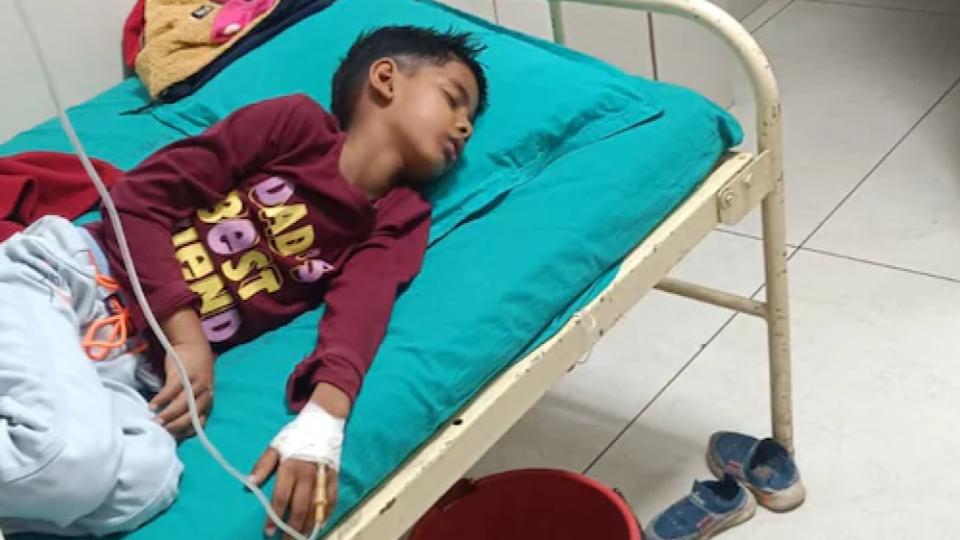
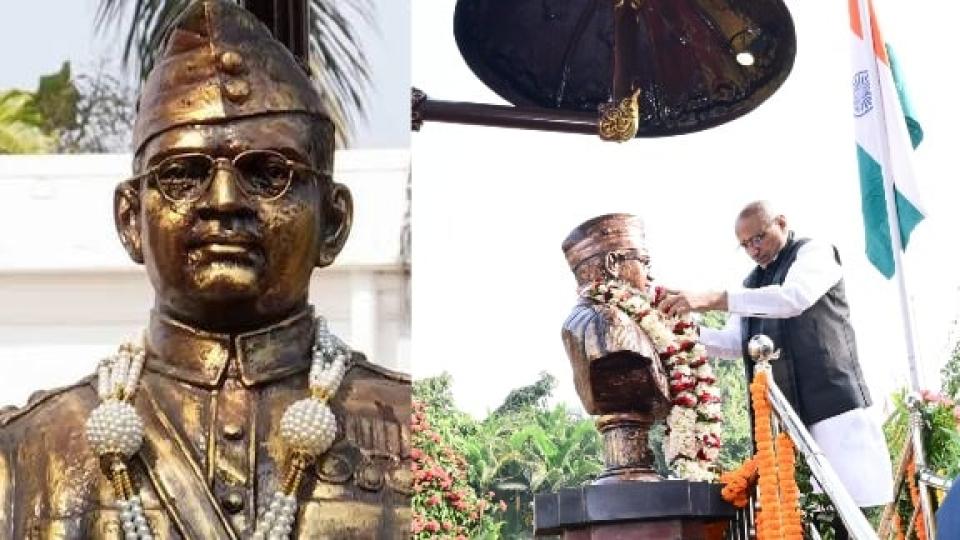

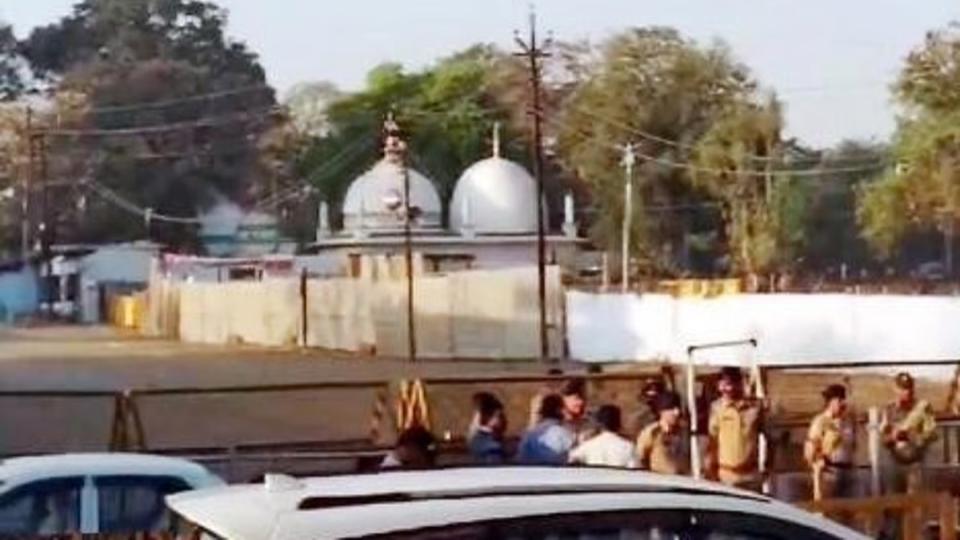
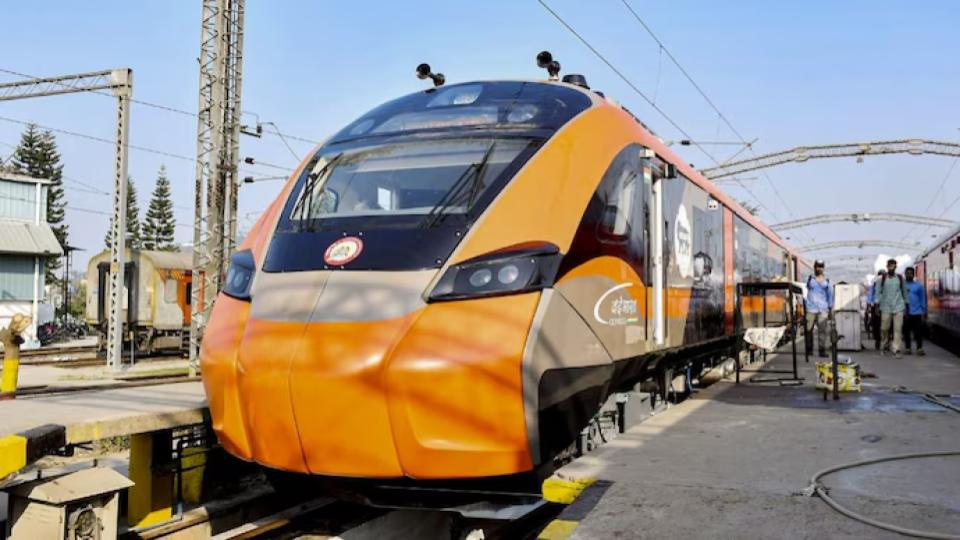

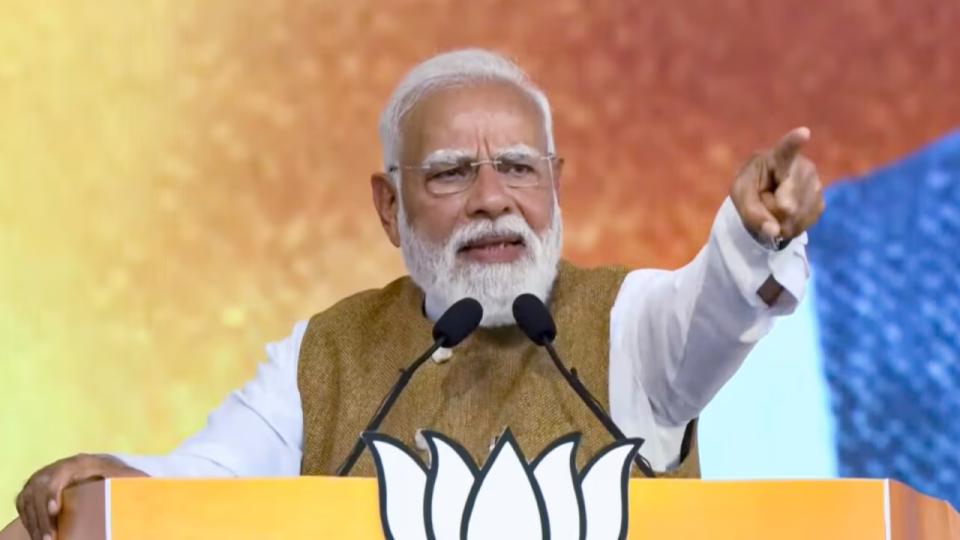
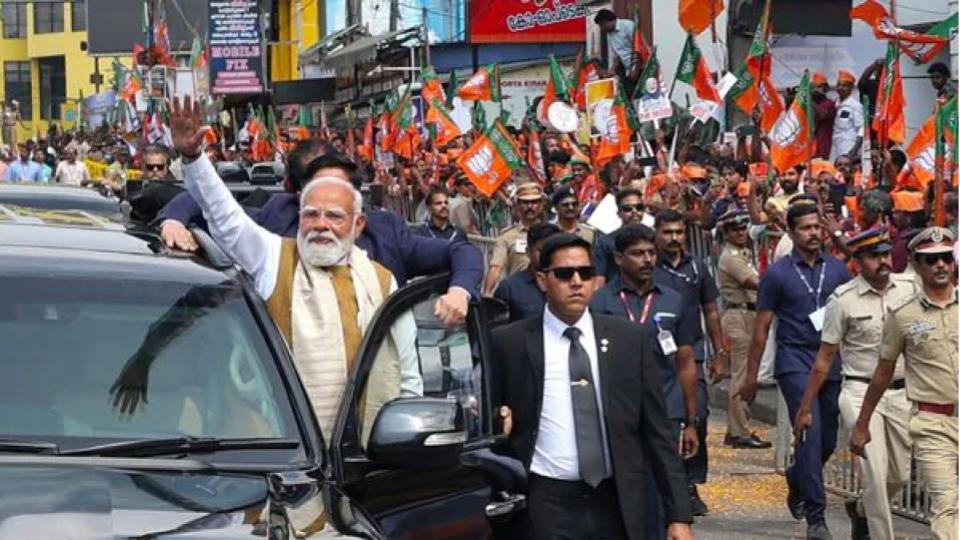
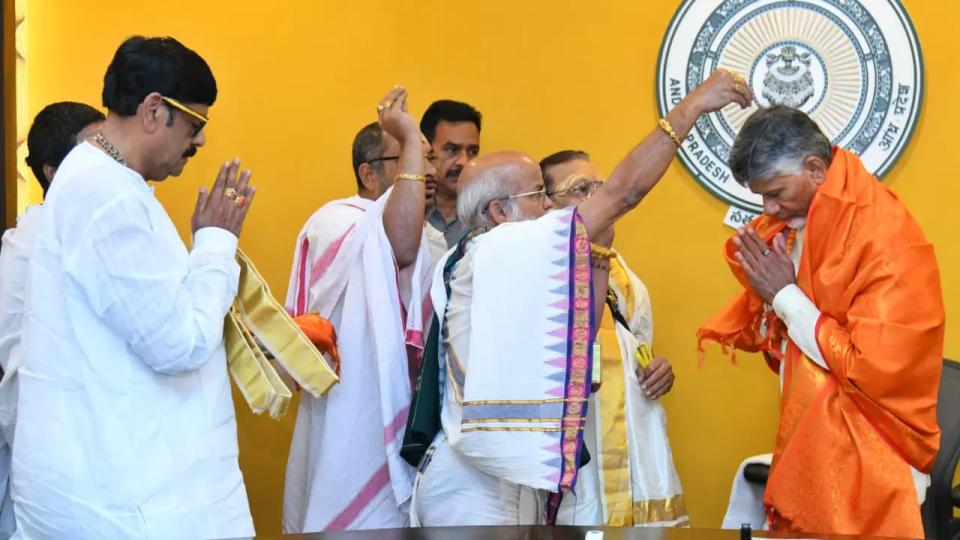
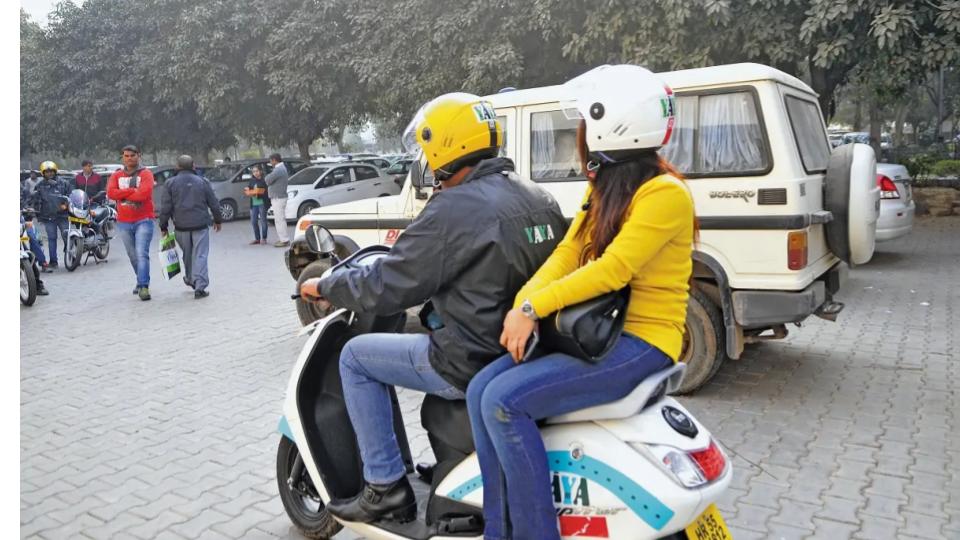
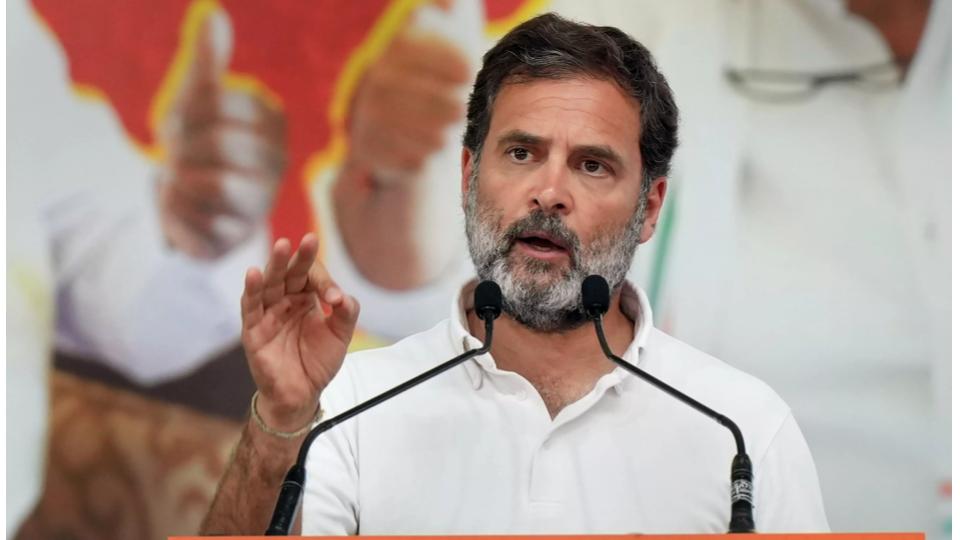
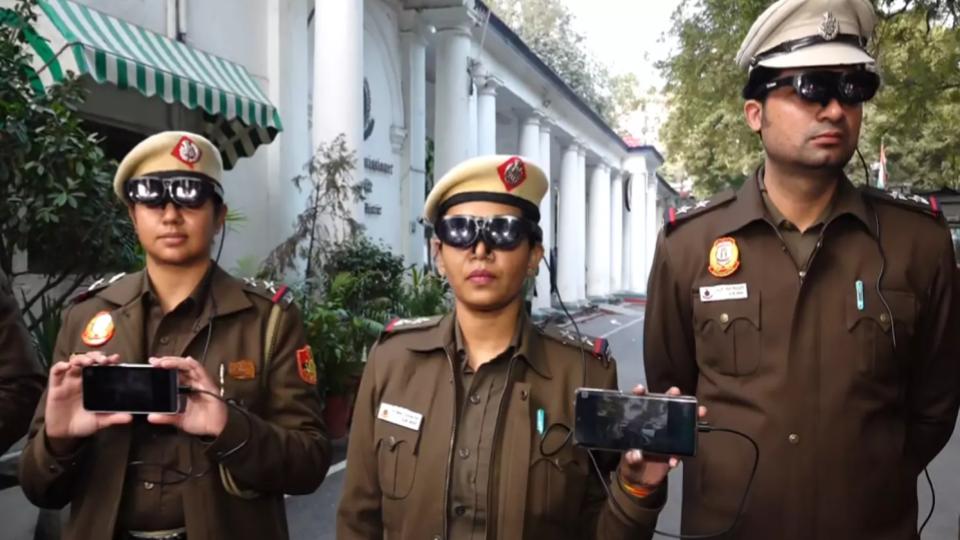

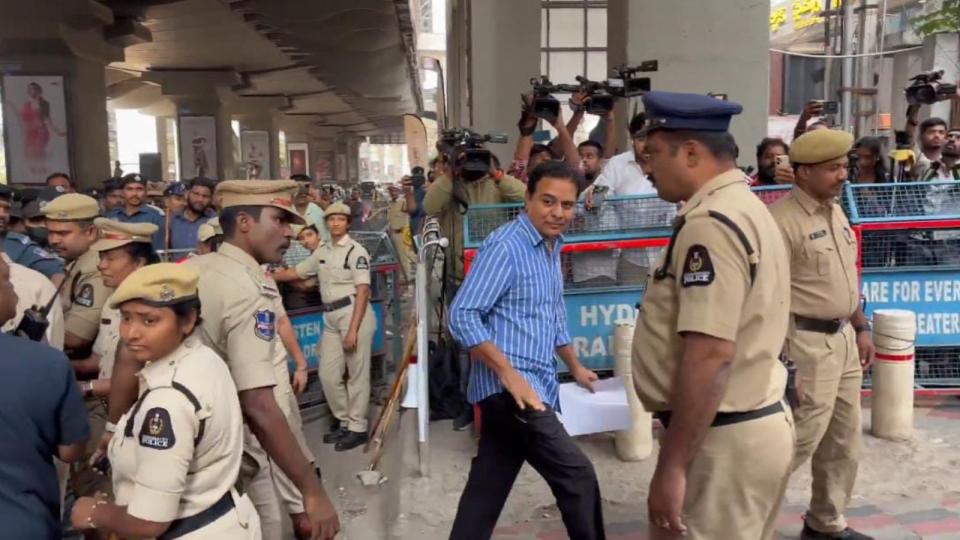
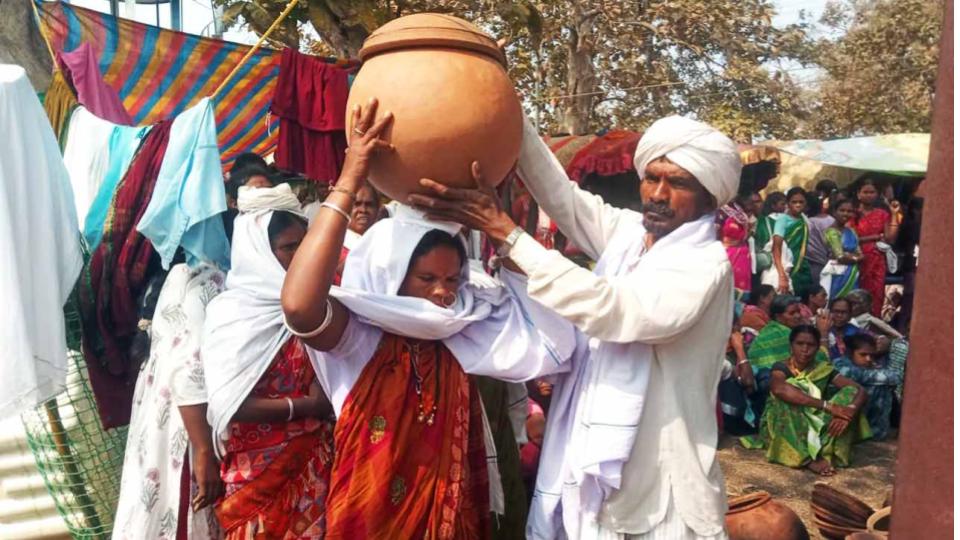
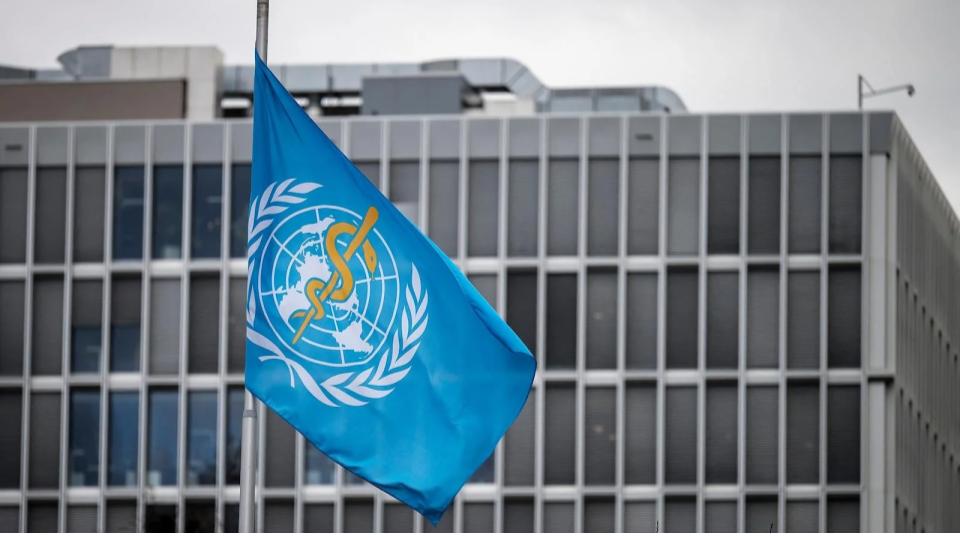

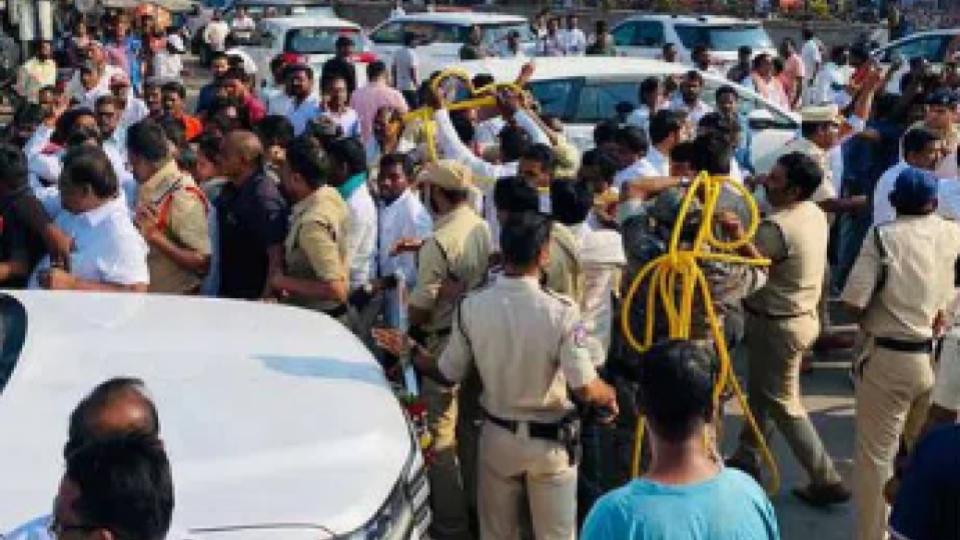
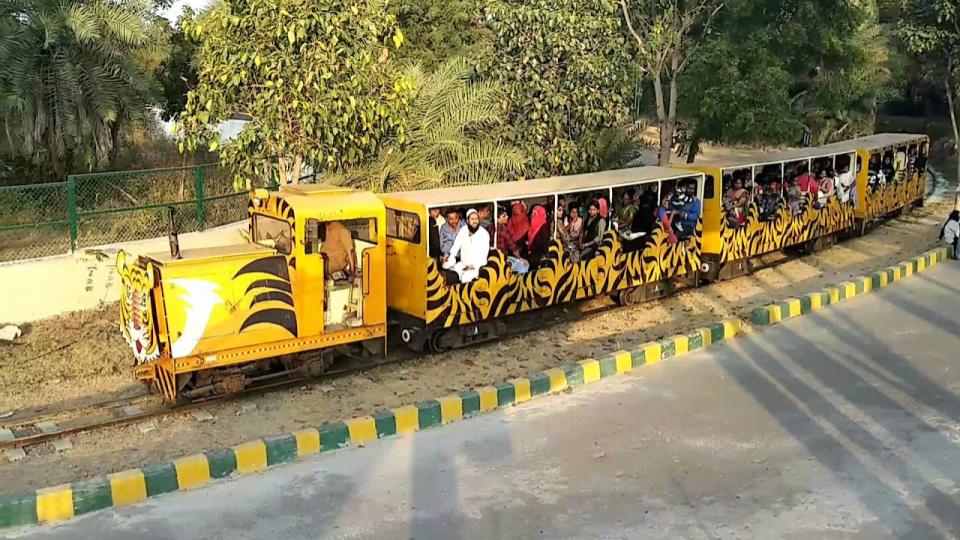
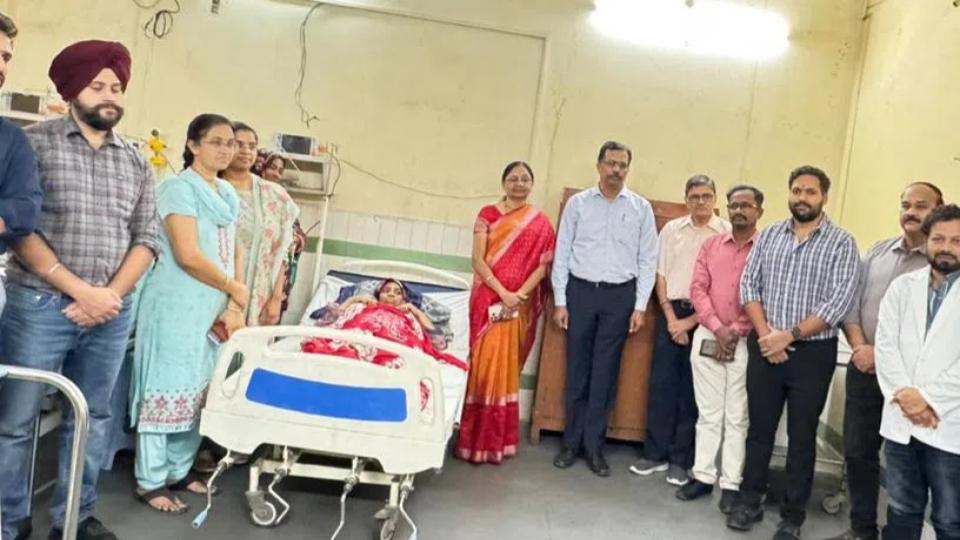
















.jpg)
.jpg)
.jpg)


